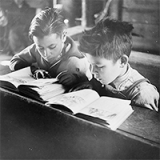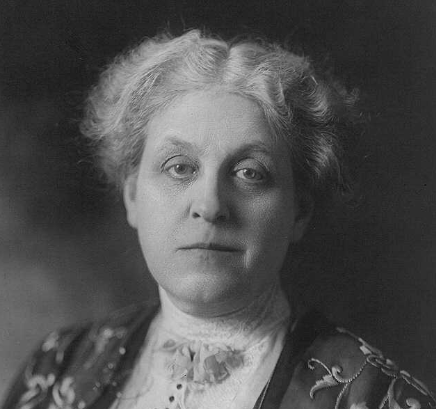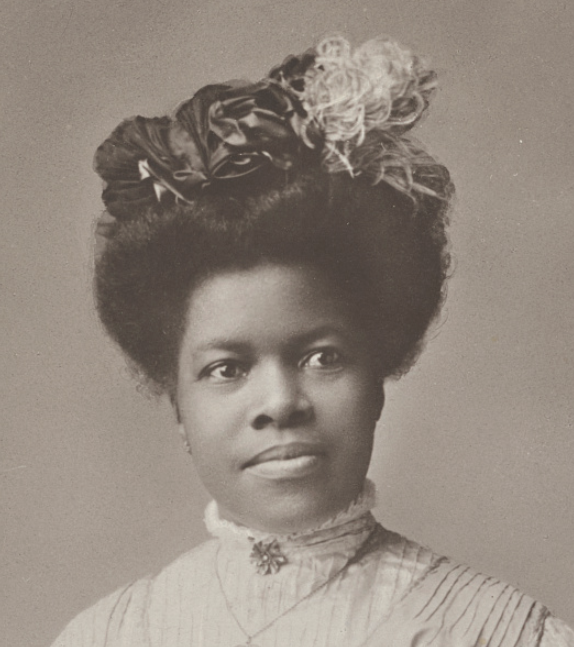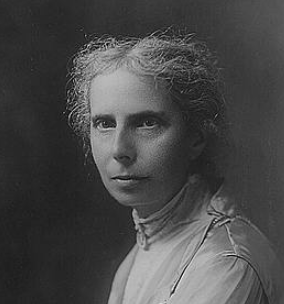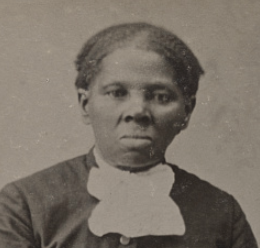Facebook and the Huffington Post. Not where I expect to go for primary sources.
Yet this morning, that's what prompted my journey in search of Library of Congress resources on Kahlil Gibran's writing to young immigrants like himself.
 https://www.loc.gov/resource/gdcwdl.wdl_12958/?st=gallery
https://www.loc.gov/resource/gdcwdl.wdl_12958/?st=gallery
The algorithm of Facebook offered me a new page to follow, "English Literature," with an unattributed mini-essay* on Gibran that focused on his experience as an immigrant boy, illustrated by a beautiful, and widely known, portrait. I had not realized that Gibran first came to Massachusetts, my state, and that he had written the words quoted in the essay, "I believe you can say to the founders of this great nation. 'Here I am. A youth. A young tree. Whose roots were plucked from the hills of Lebanon. Yet I am deeply rooted here. And I would be fruitful.'"

I searched the Library of Congress collections, but also in Google, putting in those evocative words as my search term. And I came upon the most wonderful primary source set in an essay from 2017 in the Huffington Post by Magda Abu-Fadil, Kahlil Gibran: Beyond Borders.
In this review of the book Beyond Borders by Gibran's late cousin and his cousin's wife, Abu-Fadil shows the page of the book in which "Gibran's Message To Young Americans of Syrian Origin" is printed, and the cover of the Interlink Press collection of his work, (coincidentally, a Massachusetts publisher that is 7 miles away from where I am writing).


Abu-Fadil provides a Sketchbook self-portrait of Kahlil Gibran herding
sheep in Lebanon, late 1890s (Courtesy Museo
Soumaya, Fundacion Carlos Slim, Mexico City)
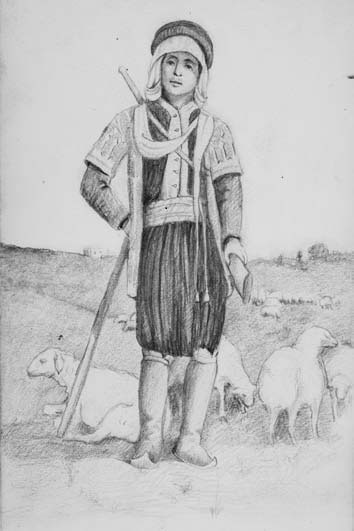
and also
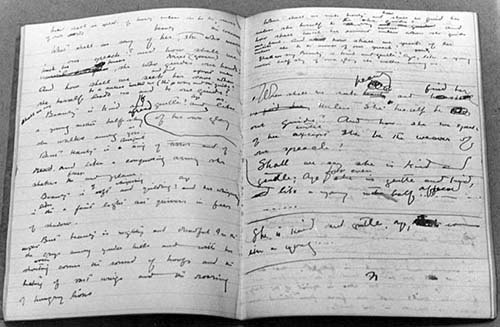
Pages from Kahlil's notebook for "The Prophet" around 1920 (Courtesy
Museo Soumaya).
and
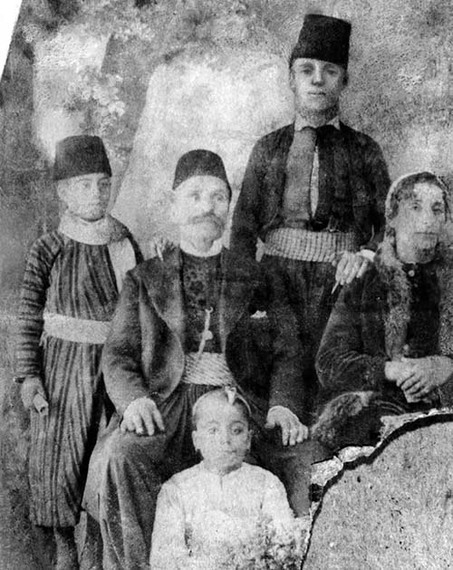
The last portrait of the Gibran family together before their departure
to America in the spring of 1895 (Courtesy Museo Soumaya)
And Abu-Fadil provides her own photograph of the title page of her own copy of the book whose photo I took from the Library of Congress collection at the top of the page. (Along with personal photos of the landscape of Lebanon, and of artwork connected to Gibran's journey as a writer and artist of his time--her essay is rich with visual sources.)
Such a rich teaching set of primary sources! I am grateful to the Facebook post for leading me to the the HuffPost review of the book published in my own backyard. And happy that in the TPS Teachers Network, I have an outlet to share the sources so that perhaps other teachers will find and use these sources when they teach poetry, immigration, and the vital presence of Arab-American members of the US citizenry that can be an inspiration in dark times.
Replies displayed by creation date
There is so much here to digest, but what I especially like about your post,  Alison Noyes
, is the potential for using the experiences of Kahlil Gibran for teaching immigrant children. I would be interested to read what other members of the TPS Teachers Network might do to connect the two. I'm playing around with one idea, as I explain below:
Alison Noyes
, is the potential for using the experiences of Kahlil Gibran for teaching immigrant children. I would be interested to read what other members of the TPS Teachers Network might do to connect the two. I'm playing around with one idea, as I explain below:
Use the words of Gibran as a Question Prompt in the Question Formulation Technique (QFT) - "Here I am. A youth. A young tree. Whose roots were plucked from the hills of Lebanon. Yet I am deeply rooted here. And I would be fruitful."
My first thought is that ELL students would have questions about vocabulary words such as plucked and rooted and fruitful. But after that, I think they might ask questions about the deeper meaning of the quote and how they, too, might feel about being a young tree, or about replacing Lebanon with their own countries of origin.
That's just one idea. Perhaps others know of picture books or other books that a teacher might use to introduce the emotions or experiences of being an immigrant child. At any rate, I do love the connections between immigrant children today and such a famous writer, and I'm also excited about finding a resource that speaks specifically to Arab immigrant children.
(Probably neither here nor there, but Kahlil Gibran's The Prophet entered the public domain in 2019, according to this blog post from the Library of Congress - https://blogs.loc.gov/law/2019/01/published-works-enter-the-public-domain-in-the-united-states-for-first-time-in-twenty-years/)
Testimonials
- I love that there is new info on the site daily!
- I had a wonderful time working with the Library of Congress and learning about all of the resources at my fingertips!
- The TPS Teachers Network has an equal exchange of ideas. You know it's not a place where you're being judged.
- My colleagues post incredibly fine resources and ideas....the caliber of the suggestions and resources make me feel that I take a lot from it. It's a takeaway. And I hope that I can give back as much as I get.
- Going into this school year, I have a fantastic new resource for my own instruction and to share with my colleagues!
- I am very glad that I discovered the TPS Teachers Network through RQI. Great resources can be hard to find out there on the internet!

